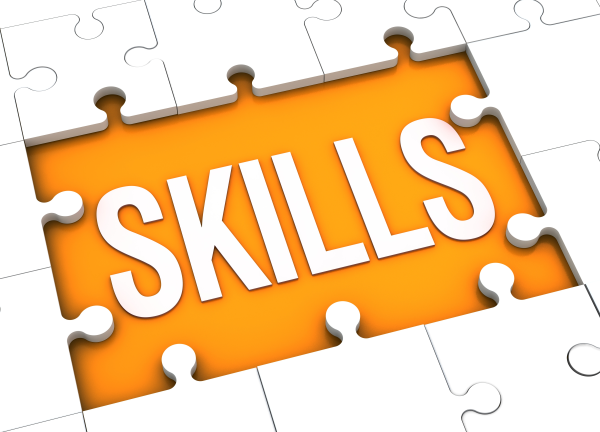
Education is the key to success, we have all heard it. But how much education exactly?
When you were going to high school, you figured that your diploma would be enough - or maybe you didn't see the need to finish high school. But when we're young, we can't always see the bigger picture until later, and now you may be finding that getting a job after high school is tougher than you thought.
Here are some of the reasons why you may find that a high school diploma isn't enough and why you should consider continuing education.
Opportunities
When opportunity knocks, you are smart enough to open that door but do you have the education necessary to walk through? There's a lot in the news about the economy and things like a recession. While the economy is improving, it's still a lot tougher to get and keep a decent-paying job than it was for our parent's generation. These days, many employers are requiring a college degree even for jobs like administrative assistants that didn't require a degree in the past. As the job market becomes more competitive, employers need additional ways to choose one candidate over another, and often the one who has a degree is more desirable.
improving, it's still a lot tougher to get and keep a decent-paying job than it was for our parent's generation. These days, many employers are requiring a college degree even for jobs like administrative assistants that didn't require a degree in the past. As the job market becomes more competitive, employers need additional ways to choose one candidate over another, and often the one who has a degree is more desirable.
Marketable Skills
When you want to get a job, it's not good enough anymore to just be hardworking and dedicated. Employers want people who can bring something extra to the table. You need to  have marketable skills to set you apart from the other candidates, and many of those skills have to be taught. You can learn some of these skills in college courses. Becoming marketable will give you the edge over your competition.
have marketable skills to set you apart from the other candidates, and many of those skills have to be taught. You can learn some of these skills in college courses. Becoming marketable will give you the edge over your competition.
You don't necessarily have to get a degree to learn more marketable skills, though. Community colleges offer courses in various subjects that are in demand with employers, like computer skills, business communication, and healthcare-related skills like medical terminology. Many well-paying technical jobs, including nursing, chemical technology, and computer-aided design, only require a short certificate program at a community college.
Increased Lifetime Earnings

The biggest benefit to getting more education is seen in your paycheck. The amount of time you spend pursuing higher education is very little compared to the large payoff you'll see over your working years. According to data compiled by the U.S. Census Bureau, an average adult with a bachelor's degree will earn $1.42 million dollars more over their working career compared to the earnings of a worker with only a high school diploma.
The earnings gap is even greater if you didn't graduate high school. Even if you decide to get your general education degree (also called a G.E.D.) employers don't regard this as being equal to an employee with a high school diploma. The Census Bureau says that workers with only a G.E.D. earn about 10 percent less than those who have a diploma.
Securing Your Future
 You need to think about the long-term security of your career, and education plays a role in this, too. Even if you are currently working in a retail job or other fields that does not seem like it has much potential for growth, many such companies require a degree if you want to move up the career leader. Today you may only be a cashier, but you could have the potential to become a manager if you have that powerful combination of work experience and higher education.
You need to think about the long-term security of your career, and education plays a role in this, too. Even if you are currently working in a retail job or other fields that does not seem like it has much potential for growth, many such companies require a degree if you want to move up the career leader. Today you may only be a cashier, but you could have the potential to become a manager if you have that powerful combination of work experience and higher education.
When you choose to pursue higher education, you are making an investment in your future and securing the likelihood of earning a lot more money down the road. The financial cost, time, and effort devoted to your education now can have a major lifelong impact. There are opportunities out there for you to receive additional education both credited and non. Continuing education can never be a bad thing whether you attend to further your career or to make yourself a better you. It's your life, make it better!

.png?width=220&name=Do%20You%20Pocatello%20Podcast_%20(1).png)
